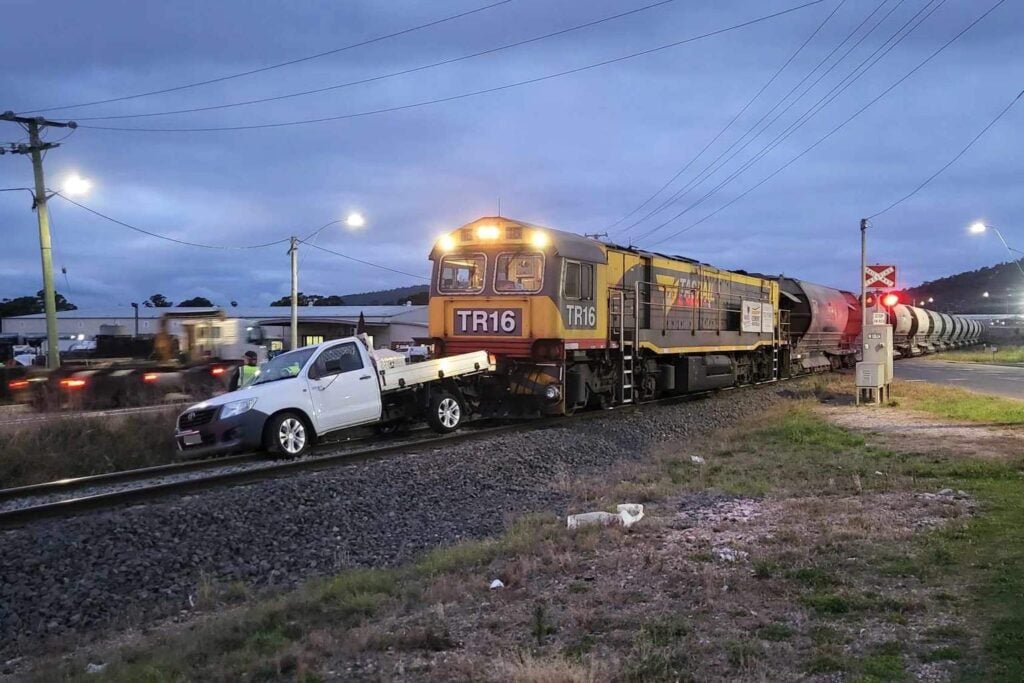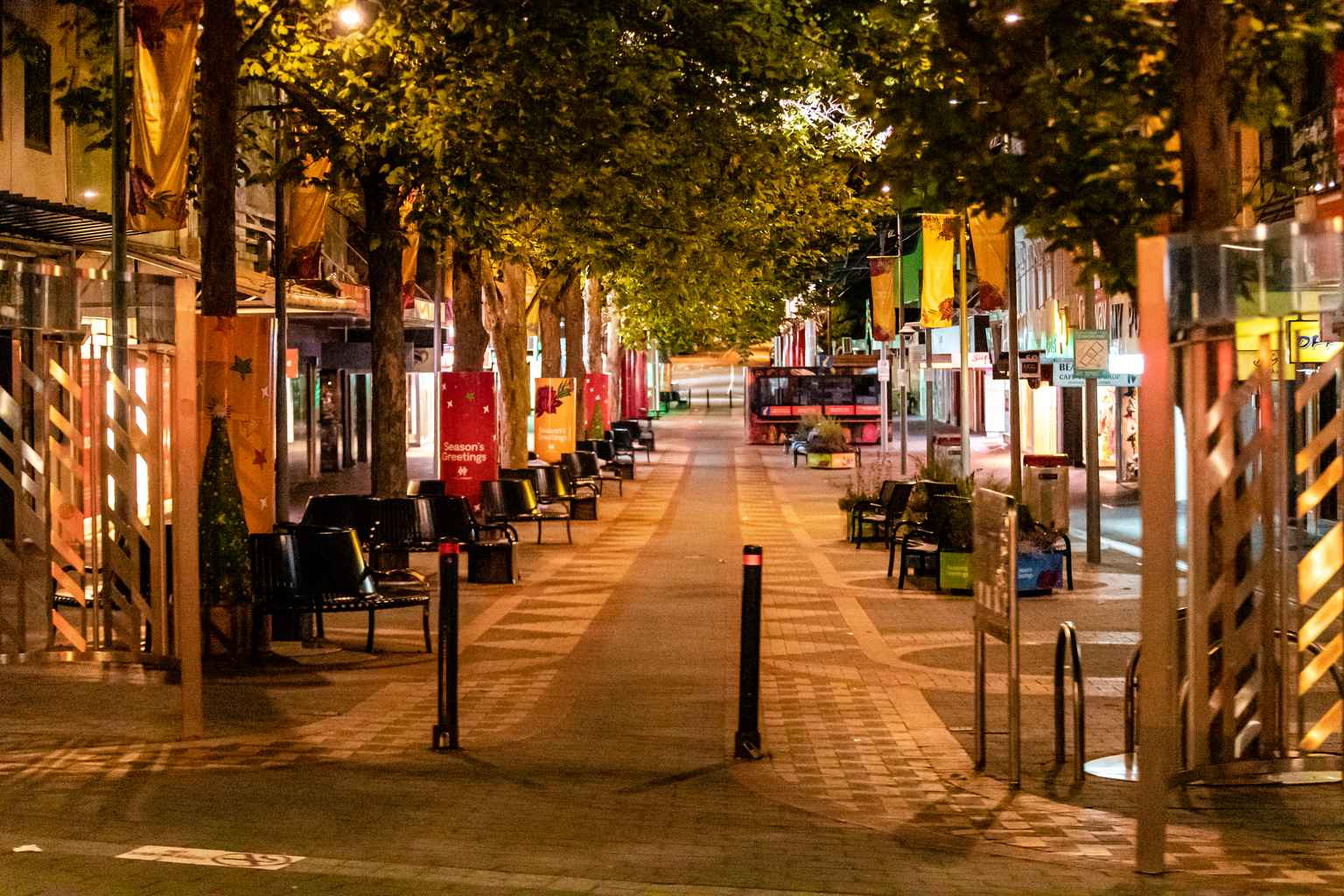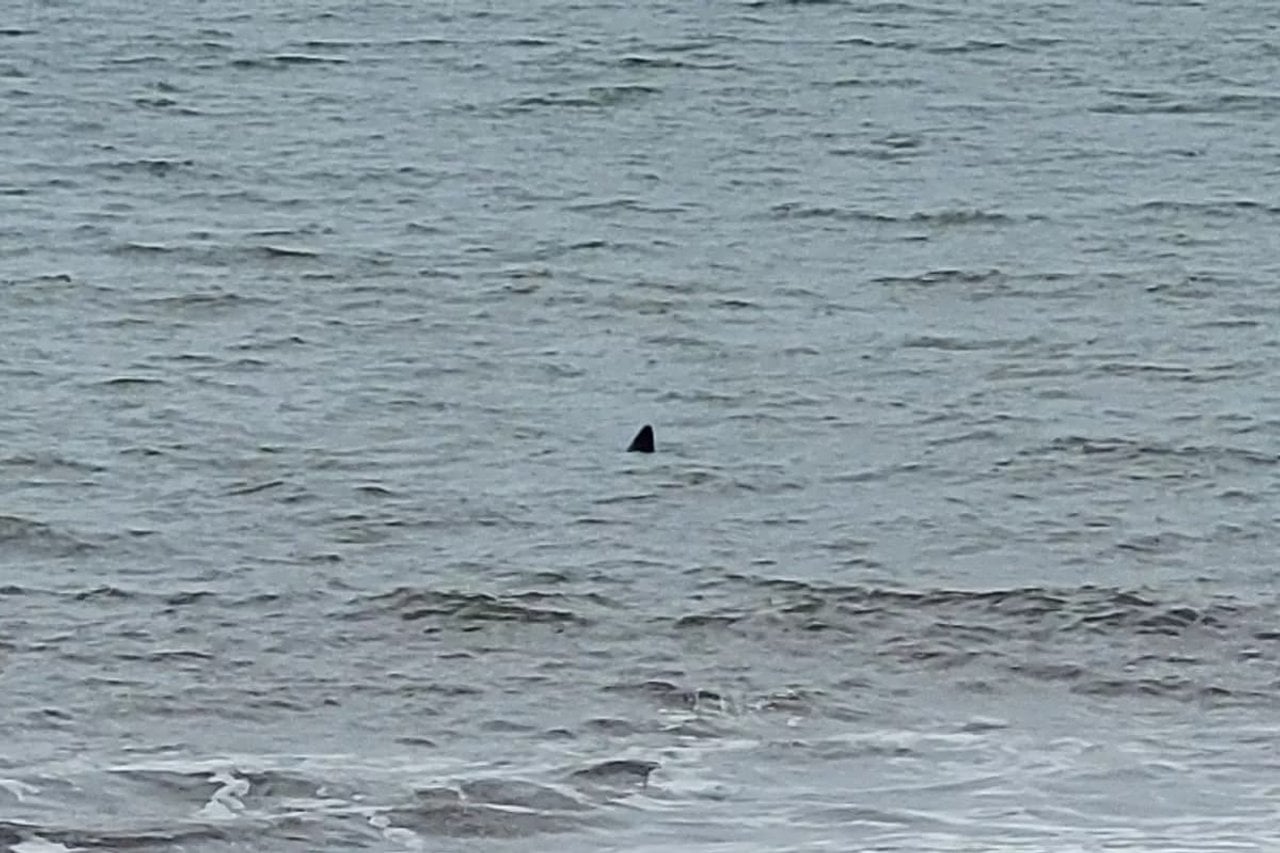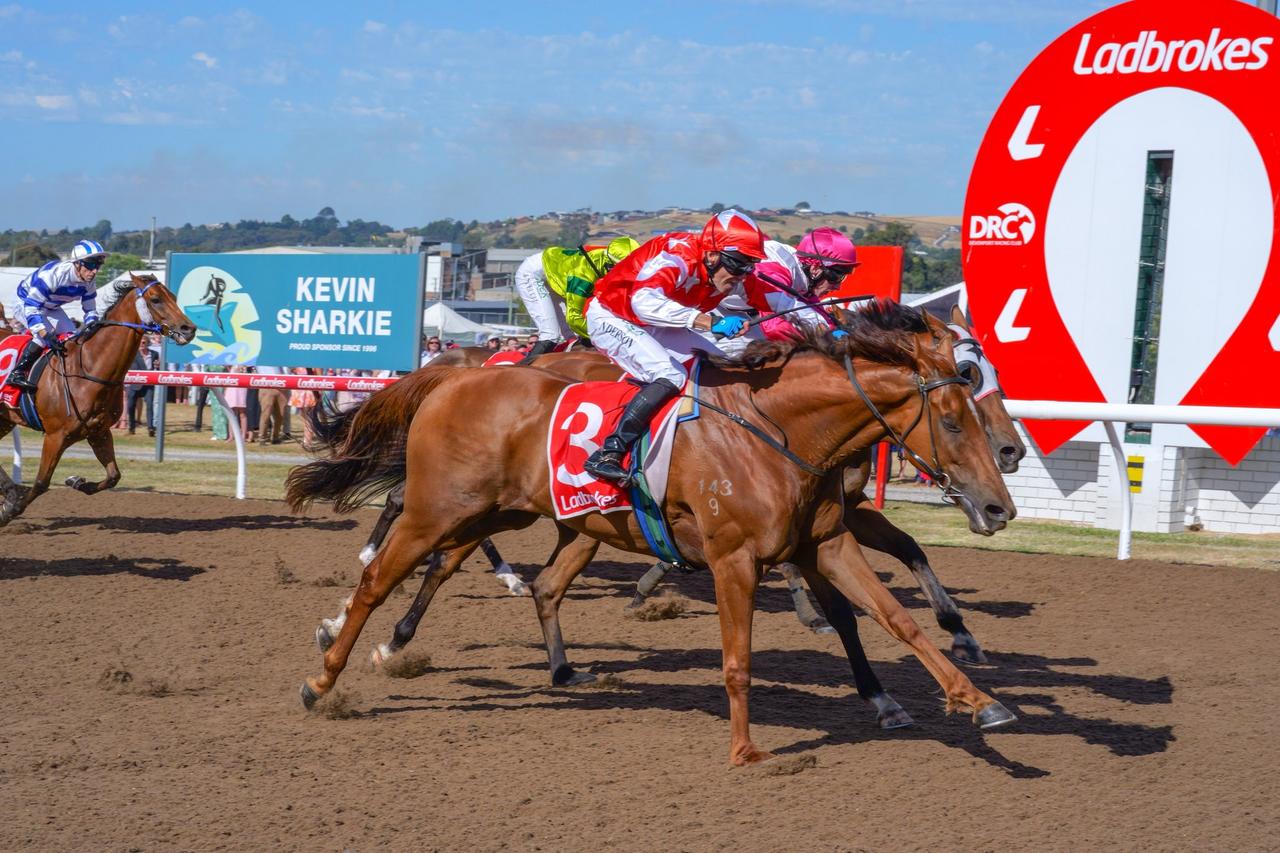Motorists are flouting level crossing rules at an alarming rate across Tasmania, with near miss incidents more than doubling in the past year, TasRail says.
Newly released figures show drivers failing to stop or give way at rail crossings jumped from 68 to 137 in 2024–25, with two collisions between vehicles and trains recorded.
The spike has prompted action from TasRail, which announced today it had secured $4 million in funding from the federal and $1 million form the state governments to overhaul safety infrastructure across the state.
TasRail chief executive Steven Dietrich said the trend painted a troubling picture of driver behaviour that was putting lives on the line.
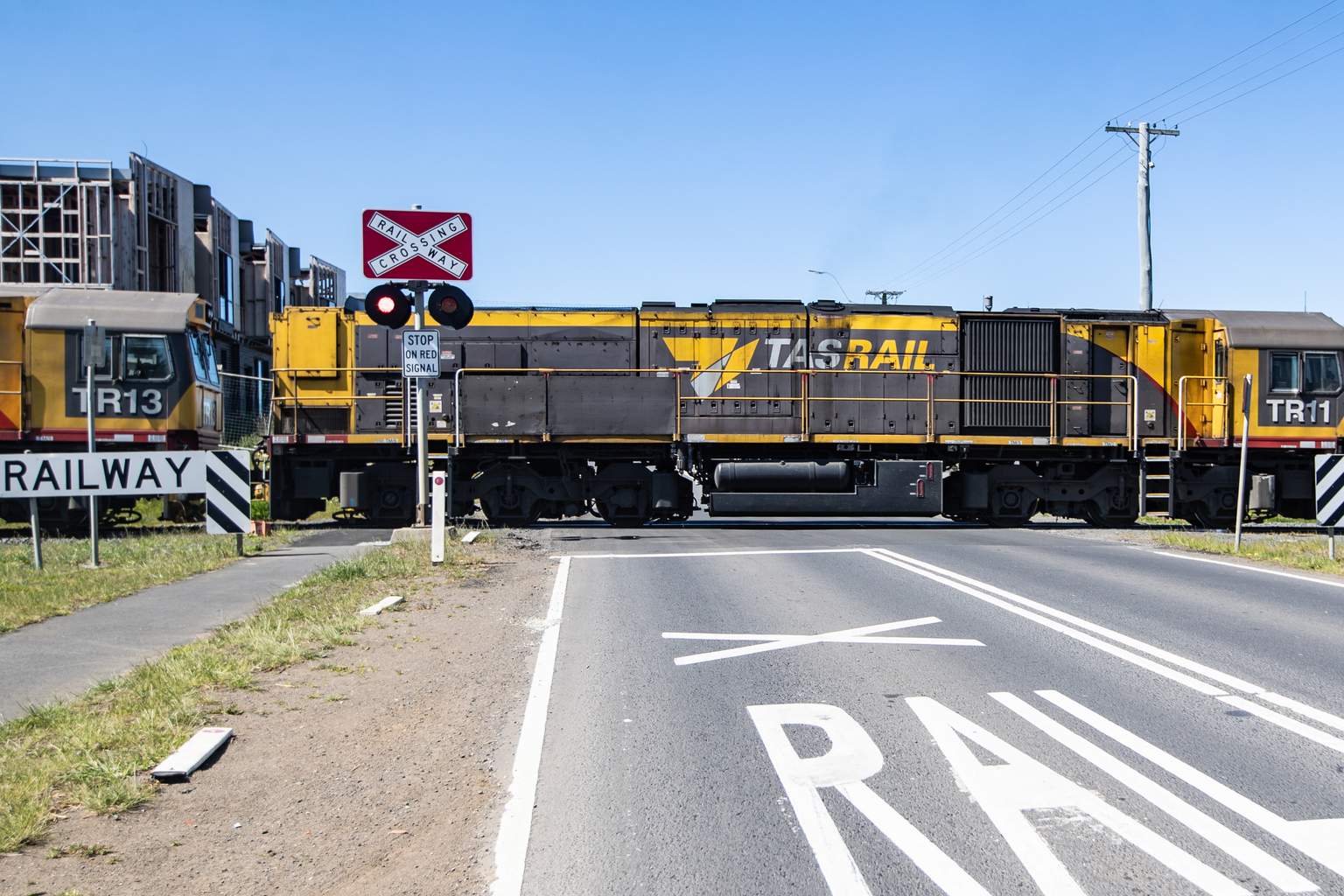
“Level crossing incidents are traumatic for our locomotive drivers, emergency services and local communities,” he said.
The north-west saw the biggest jump, where active rail crossings are most common, with reported incidents almost doubling from 42 to 82.
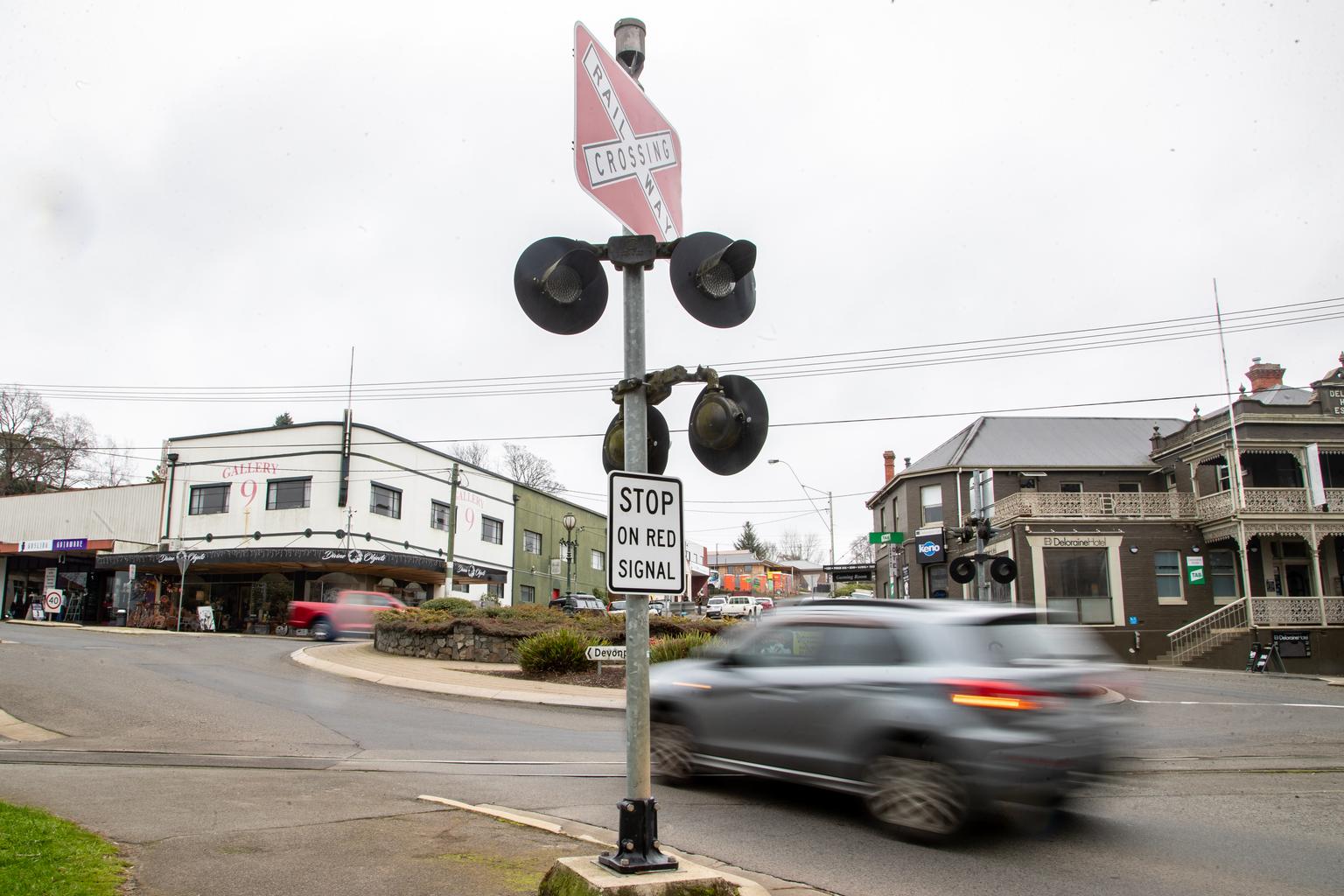
Authorities have singled out several high-risk locations, including Main Street and Reibey Street in Ulverstone, Hoblers Bridge Road at Newstead, Reeves Street in Burnie and Stoney Rise Road in Devonport.
Ulverstone is a particular concern, home to multiple crossings on TasRail’s watchlist and set to be the biggest winner from the upgrade program.
Five active crossings in the town will get engineering improvements, including enhanced warning systems.
The package will see upgrades to active crossings, augmented stop signs installed at passive crossings and new yellow box markings to keep vehicles clear of the tracks.
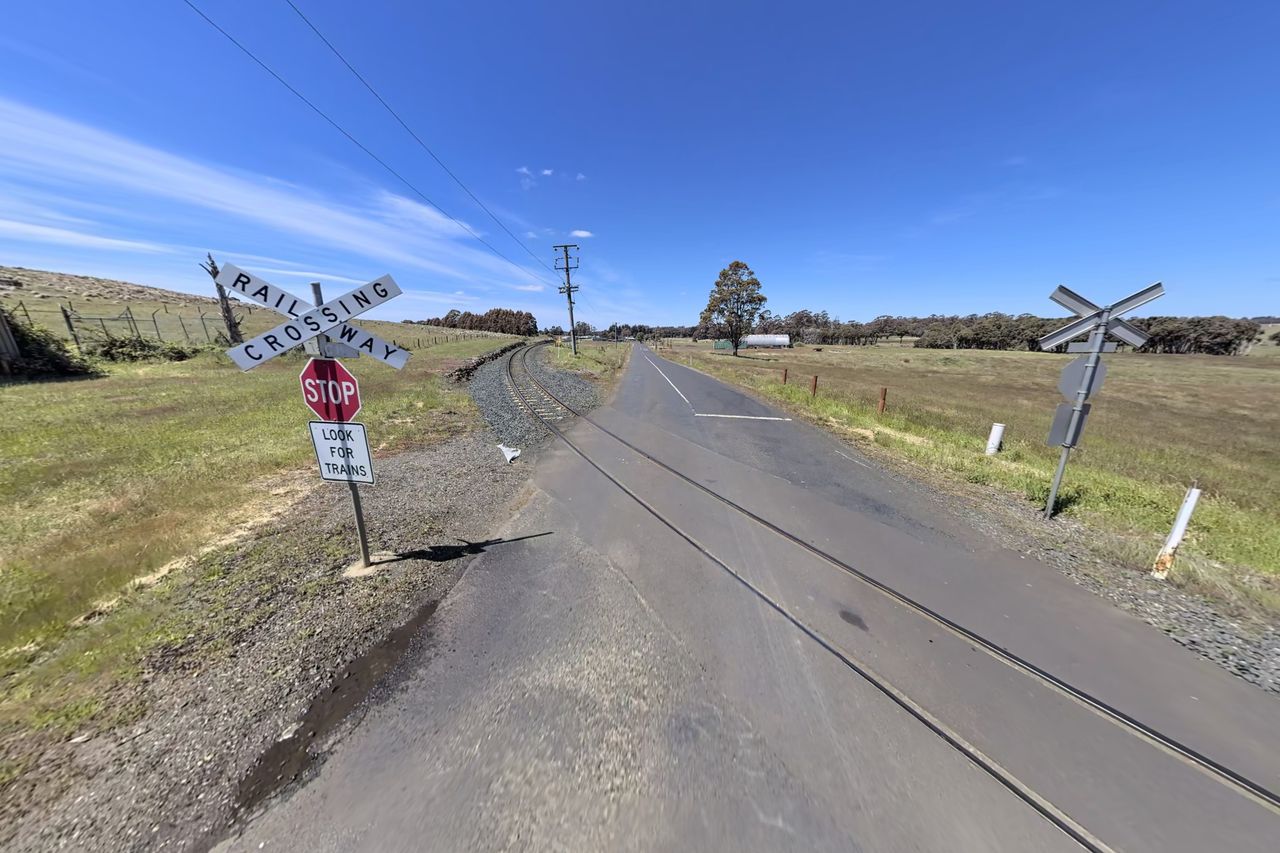
A passive crossing at Oonah Road on the Melba Line will also be converted to an active crossing with lights and bells.
“Trains can’t swerve and they can’t stop quickly,” Dietrich warned. “The signs and signals at level crossings are there to save lives.”
The funding announcement coincides with the 20th anniversary of Rail Safety Week, a campaign held annually across Australia and New Zealand to raise awareness of rail safety.
“This week and every week we’re asking Tasmanians to take those extra seconds to stop, look and listen,” Dietrich said.

